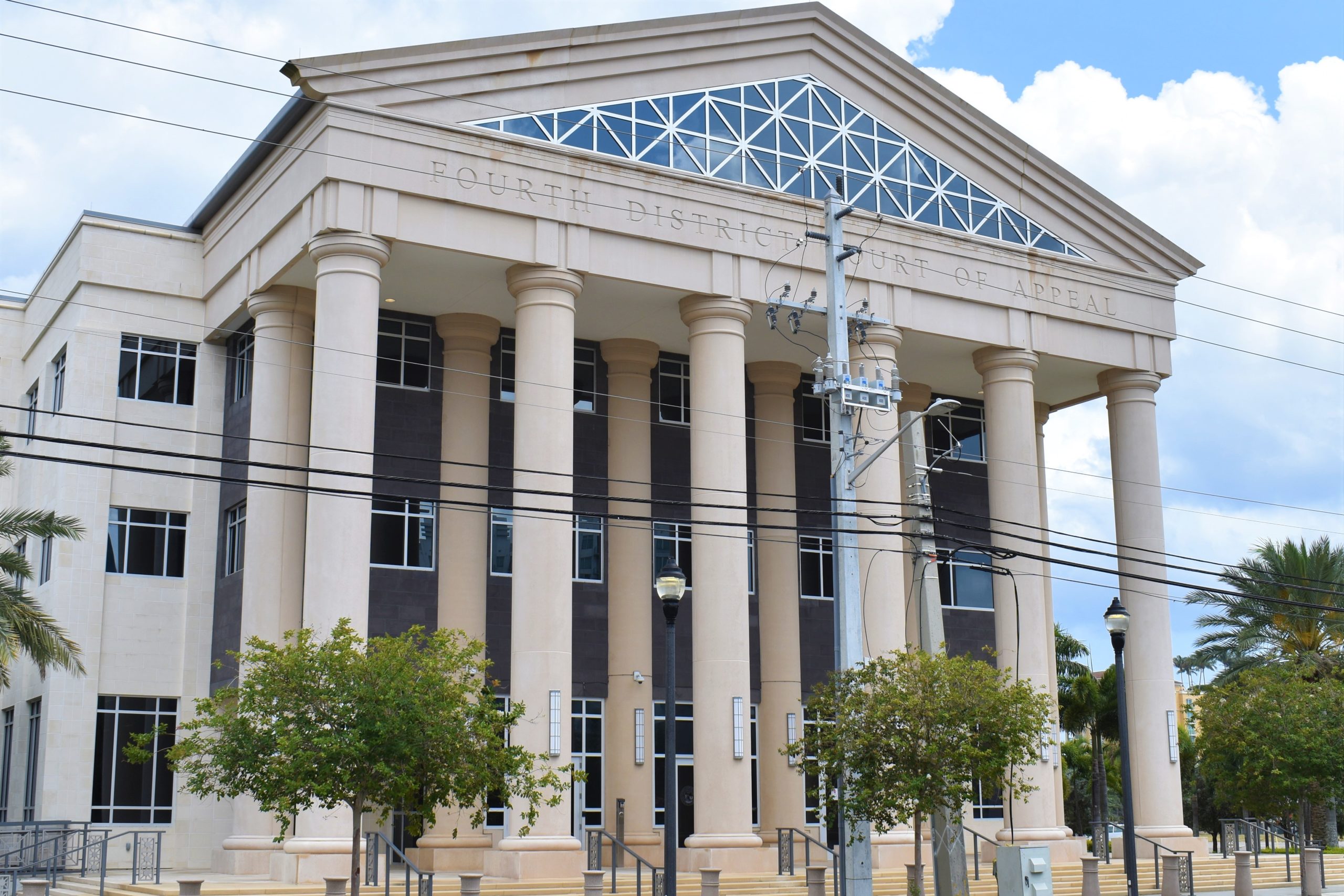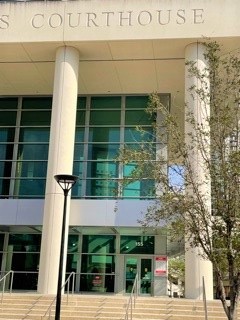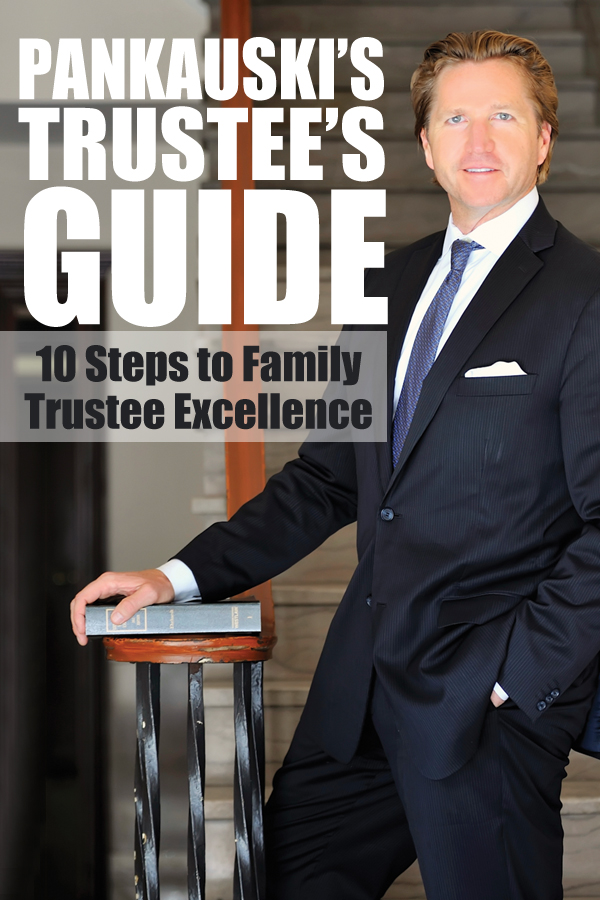
To watch a FREE VIDEO about a Florida Trust Challenge, CLICK HERE. Trust lawsuits in Florida seem to be on the rise. That could be because Florida residents use POUR OVER WILLS that leave their money to a trust. Increasingly, these days wills are, in many ways, “just “a method to transfer property to a trust. Many times, a trust is the real entity that leaves inheritances. You may have a probate or an estate, but the REAL money is in the trust. Admittedly, beneficiaries can be concerned. After all, who is being put in charge of YOUR inheritance and millions of dollars? To read about a Florida Trustee Being Sued for Breach of Fiduciary Duty, CLICK HERE. To learn more about a Florida Trust Challenge, keep reading. Oh yes, here’s a tip. If you have a pour over will and there is a probate. Objecting to just the will may not be enough. You may have to file a second lawsuit. A Florida Trust Challenge. Defining a Trust Challenge “A Florida Trust Challenge is typically an attack on the validity of the trust” says Florida Trust Litigator John Pankauski. The attack can be on the entire trust, or just a part of it, like a specific inheritance. Sometimes, family members or beneficiaries file a challenge to who is going to be the trustee or successor trustee. To read about REMOVING A TRUSTEE or SUSPENDING A TRUSTEE, click on those links. But a trust challenge is often synonymous with a […]







